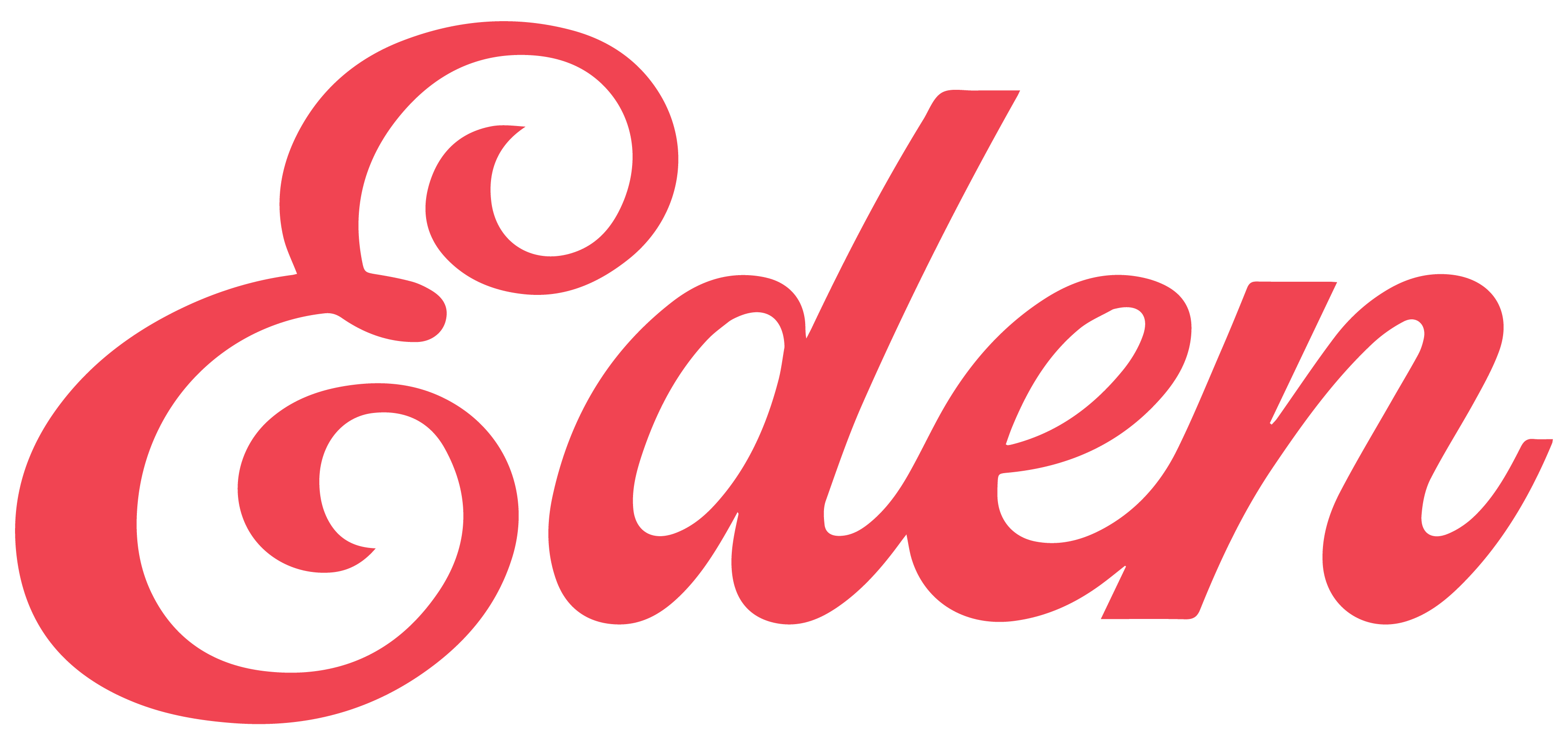From championship fields to retreat centers in Costa Rica, a new kind of transformation is happening in the world of professional sports.
Former Buffalo Bills safety Jordan Poyer and other NFL players are discovering the potential of psilocybin and ayahuasca—not for performance enhancement, but for healing.
Their experiences point to an emerging question at the intersection of science and wellness: Can psychedelics help the brain recover from trauma?
The Hidden Cost of Greatness: How Head Injuries Impact Athletes’ Brains
Professional football is a beautiful but brutal game. Each collision takes a toll, and over time, repeated head impacts can lead to chronic traumatic encephalopathy (CTE)—a degenerative brain disease that causes memory loss, mood swings, and cognitive decline.
Despite better helmets and protocols, concussions remain part of the sport. For athletes like Poyer, who’s faced many, the effects go beyond physical pain: rage, irritability, and headaches become daily battles.
When traditional medicine failed to offer solutions, he turned to plant medicine. His journey reflects a growing openness among athletes seeking natural ways to heal the brain and spirit.
The Science: How Psilocybin May Help the Brain Recover from Injury
Early research into psilocybin and DMT—the active compound in ayahuasca—suggests these substances may promote:
-
 Neuroplasticity: helping the brain form new neural connections after injury
Neuroplasticity: helping the brain form new neural connections after injury -
 Reduced inflammation: lowering the immune response that worsens damage after concussions
Reduced inflammation: lowering the immune response that worsens damage after concussions -
 Emotional reset: allowing individuals to process trauma and rebuild a healthier mindset
Emotional reset: allowing individuals to process trauma and rebuild a healthier mindset
“Psychedelics may act like fertilizer for the brain,” says Dr. Josh Allen, neuroscientist at Vancouver Island University. “They appear to help the brain rewire itself after injury.”
While human data remains limited, early lab research shows psilocybin exposure can stimulate growth in regions of the brain tied to decision-making and emotional regulation—areas often impaired by concussion and stress.
Healing Beyond the Brain: The Emotional Benefits of Psychedelics
For Poyer, psychedelics became more than science—they became a way to reconnect with himself.
Through guided ayahuasca ceremonies, he experienced deep emotional release and clarity. The journey helped him recover from alcoholism, strengthen relationships, and find peace outside of his identity as an athlete.
“I committed to the medicine, and it made me a better person in all aspects of my life,” he said in a recent interview.
This holistic effect—blending neurological, emotional, and spiritual healing—mirrors what many in the psychedelic community describe as integration: aligning mind and body after years of disconnection.
What Experts Say About Psilocybin and Brain Injury Recovery
Scientists caution that while psilocybin’s neuroprotective potential is compelling, research in humans is still in its infancy.
Dr. Brandon Weiss of Johns Hopkins notes that while psychedelics show “no unique harm” to damaged brains, we’ve yet to see clear neuroimaging evidence of tissue repair. Still, several new studies are exploring compounds like ibogaine and 5-MeO-DMT for traumatic brain injury and PTSD in both athletes and veterans.
“We’re in the early days,” says Weiss. “But the potential is there to completely change how we approach brain recovery.”
A New Era of Recovery: Why Athletes Are Turning to Psilocybin
As the science evolves, one thing is clear: the conversation around psychedelics is shifting—from taboo to therapeutic.
For athletes, veterans, and anyone living with trauma, psilocybin represents more than an experiment. It’s a new model of wellness—one that sees the brain not as broken, but capable of growth, regeneration, and renewal.
EDEN Takeaway: How Microdosing Supports Mind-Body Healing
The same compounds that are transforming pro athletes’ lives are now being studied for everyday brain health and emotional balance.
If you’re curious about how microdosing may support clarity, recovery, creativity, connection and recovery EDEN Discovery Kit has 8 unique formulations in sample sizes.
Explore the EDEN Microdose Discovery Kit
Start small and stay intentional. Healing doesn’t happen overnight—it’s a process of reconnecting with your mind and body one step at a time.
Even gentle support from microdosing formulations, paired with mindfulness practices, can help nurture balance and resilience.

